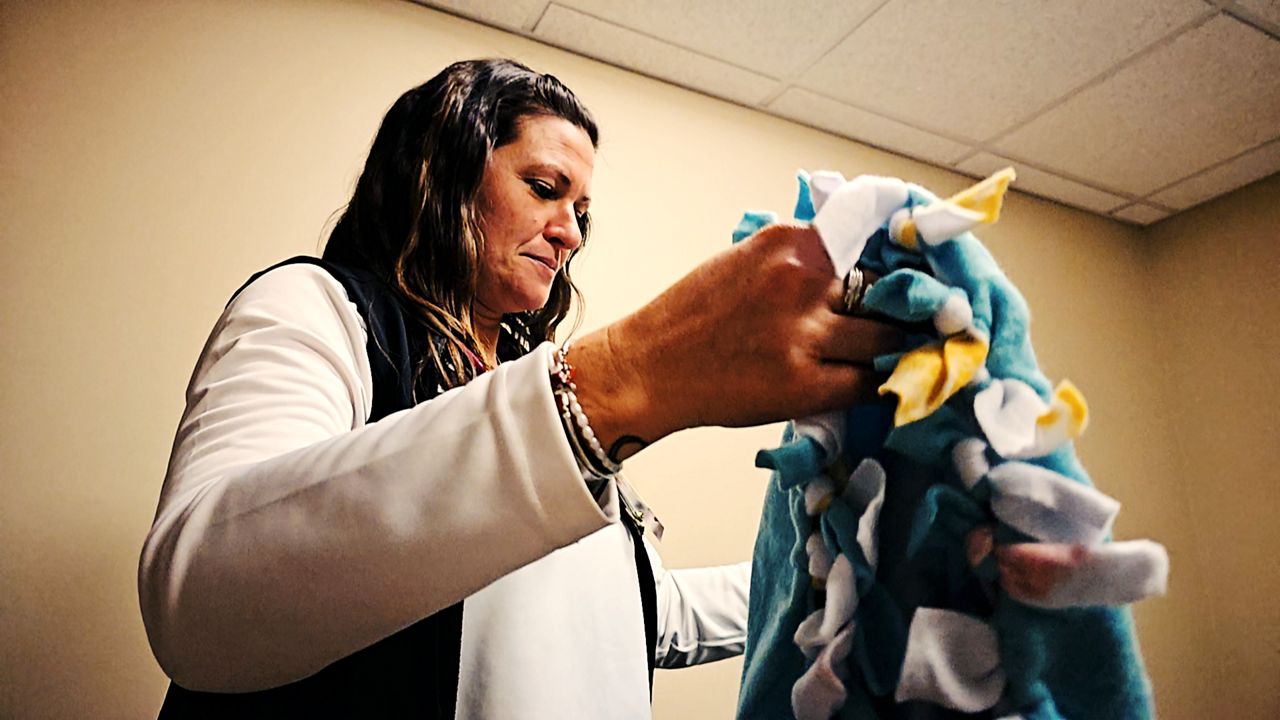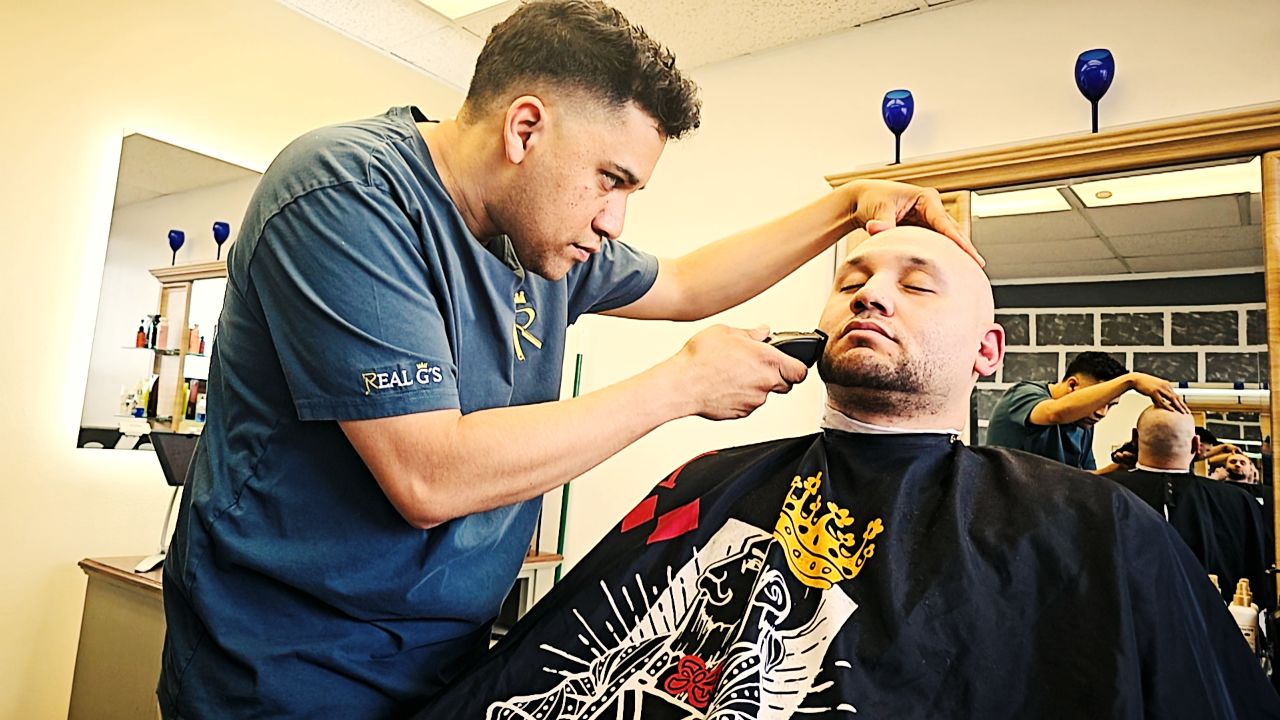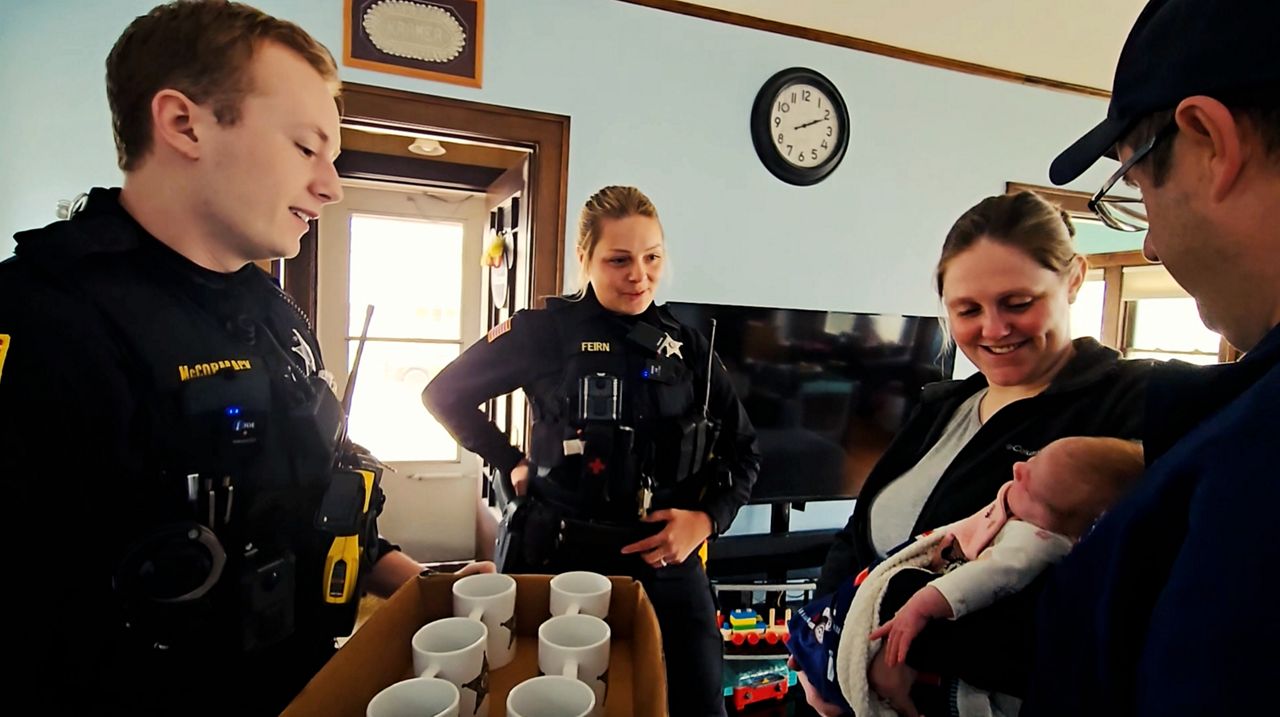MADISON, Wis. — New tariffs are stirring up concern for Dane County businesses, from coffee roasters to appliance retailers, as they prepare for rising costs and shifting consumer demand.
Laura Salinger Johnson, co-owner of JBC Coffee Roasters in Madison, said the incoming price hikes on imported coffee beans could soon be felt by consumers.
“You can expect your coffee prices to go up around 10% to 35%, is what the industry is saying,” Salinger Johnson said.
As an award-winning artisan roaster, she expressed frustration over the brewing financial burden.
“You can’t make coffee here in the U.S.,” she said. “I do feel like these tariffs are an unfair burden, and it’s going to impact the whole supply chain.”
While her customers might not see immediate price hikes, she said the pressure is building.
“Thankfully, this past month had one of our biggest coffee buying months,” she said. “So we do have a good amount of coffee where we won’t have to pass that price increase along immediately.”
The appliance industry is also bracing for changes. Rick Simler, builder sales manager at Grand Appliance, said all the talk of tariffs are influencing buyer behavior.
“We’re seeing a 15% to 20% uptick of customers choosing U.S.-made brands like southern Wisconsin-based Sub-Zero,” Simler said.
He said product longevity is playing a role as well, as many appliance parts used in repairs come from abroad.
“There’s a lot of bantering in the industry that today’s appliances last five to seven years, and there is some truth to that,” he said. “But when you’re in a category like Sub-Zero, Wolf — that test and build their product to last for a minimum of 20 years — that’s a game changer.”
Simler said he is encouraging customers to make their purchases sooner rather than later.
“The sooner you make those decisions, the better,” he said. “Because once those decisions are made, those clients are grandfathered in. So no matter what happens to the pricing, their pricing won’t change.”









